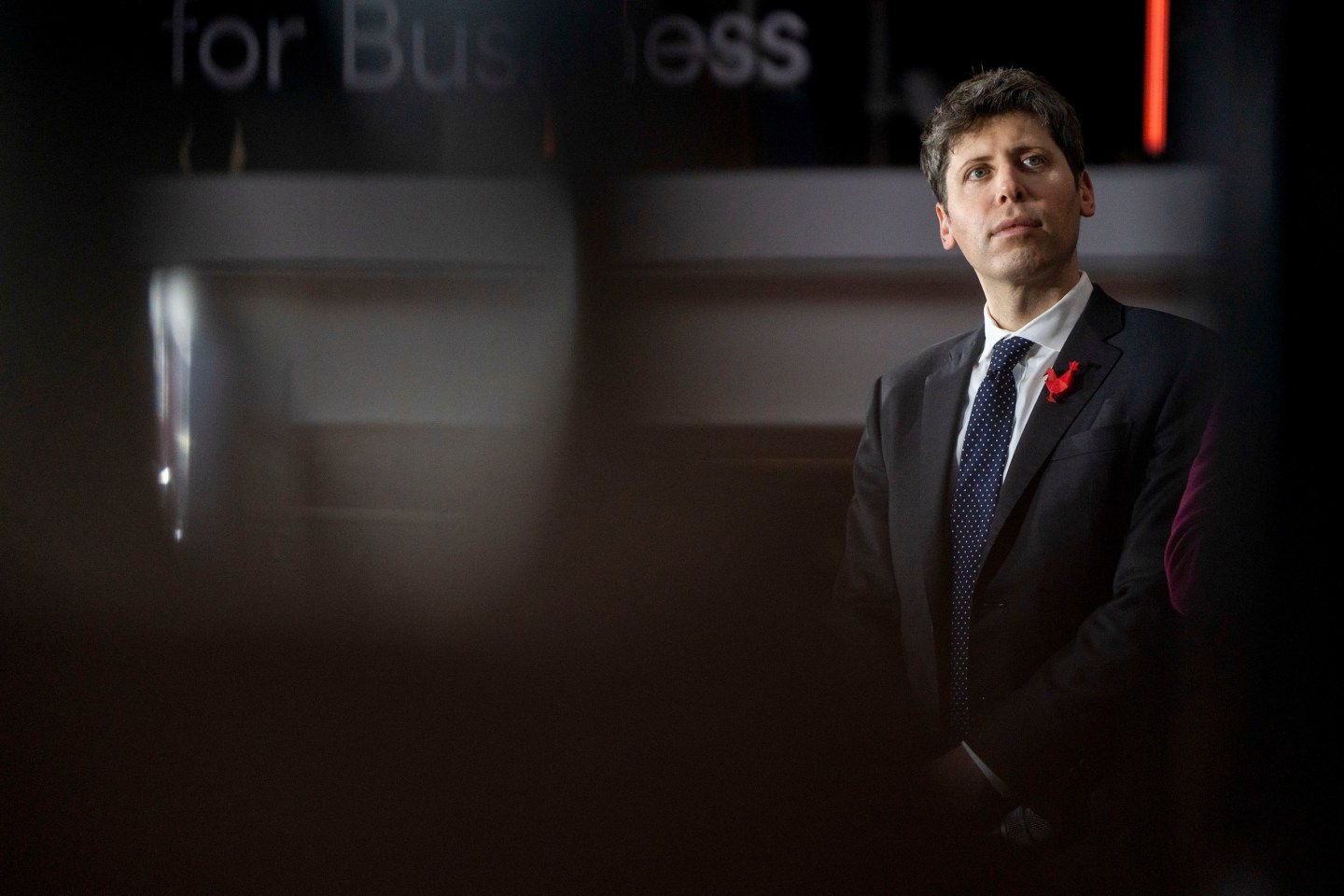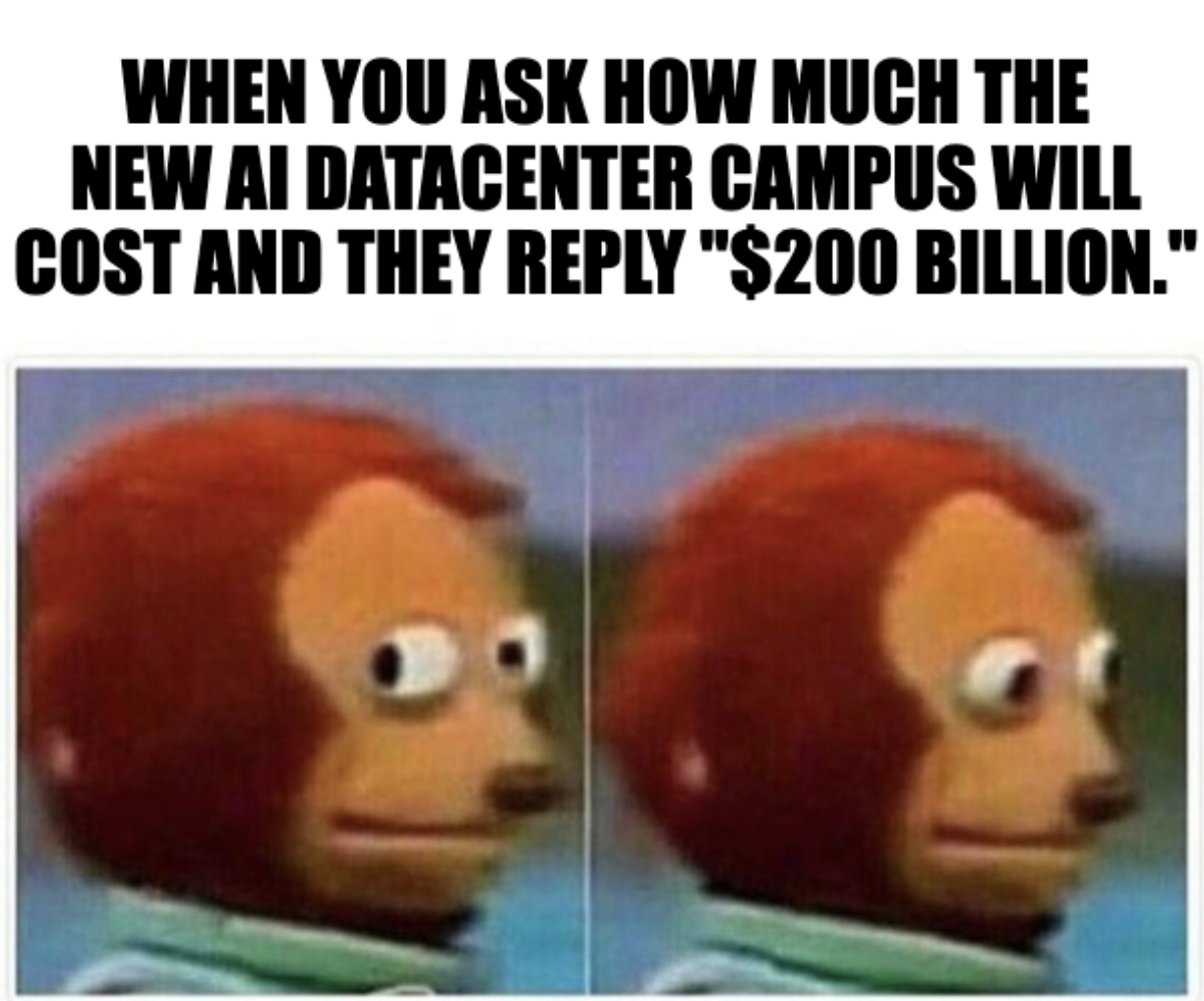Good morning. Disruption—political, technological, social—was on the menu last night at our Fortune Brainstorm Finance dinner in San Francisco, where we gathered more than two dozen executives from fintech companies such as Brex, Coinbase, Plaid, Ripple, and Robinhood for a democratic discussion about what’s next.
The comment that stuck with me the most? When one executive threw up his hands and said: “I don’t have a model for the future. All the models are up in the air right now”—meaning where to invest, how many people to hire, et cetera.
He went on: “The speed is an issue. I cannot keep up.” To which one venture capitalist replied: “That’s the startup secret right now. How do you create a culture that can move faster?”
Many thanks to Blockdaemon for helping us make it happen. Today’s news below. —Andrew Nusca
P.S. Wanna join our next brainstorm? Look no further than the biggest one of the year: Fortune Brainstorm Tech in Deer Valley. It’s Sept. 8–10. Register your interest here.
Want to send thoughts or suggestions to Data Sheet? Drop a line here.
What caused OpenAI’s $19.6 billion pivot

Two years after the launch of GPT-4, the world is still waiting for its successor—and wondering what’s been holding up OpenAI’s next AI model.
Earlier this month, CEO Sam Altman provided some guidance, announcing in a tweet that GPT-4.5 and GPT-5 would finally be released in a matter of “weeks/months.” He was mum on the specific causes of GPT-5’s lengthy development.
As it turns out, the big news was the revelation of a deeper change within the company. OpenAI had quietly made an about-face on its core strategy.
The scaling approach OpenAI has used since 2018 to produce its GPT models—building successively larger models and feeding them successively larger amounts of data during an initial “pre-training” stage (the P in GPT stands for “pre-trained”)—had reached the top of the curve.
“Orion,” the internal name for GPT-4.5 (and OpenAI’s last “non-chain-of-thought” model), was in fact initially supposed to be the long awaited GPT-5, two former OpenAI employees told Fortune. But OpenAI reportedly struggled to get Orion to deliver significant performance gains over GPT-4. The company’s pre-training scaling approach was nearing its limits.
It will prove crucial for the new GPT-5 to match the ability of Anthropic’s new Claude 3.7 Sonnet hybrid AI model in seamlessly combining fast and intuitive “thinking” with a slow and deliberative approach.
Some believe the forthcoming GPT-5 will bring us a major step closer to artificial general intelligence, or AGI—though several leading experts say GPT-style models will never be able to perform cognitive tasks as well as humans. —Jeremy Kahn
Investor fears mount over a weak Q1 for Tesla
With Tesla’s market value dropping below $1 trillion this week, Wall Street may finally be waking up to the likelihood of a weak first quarter for Elon Musk’s electric car company.
Even diehard bulls have been warning in recent days that deliveries could fall well short of current consensus when Tesla reports vehicle sales in early April—and potentially below last year’s 386,000 vehicles as well.
Elon Musk’s prescient bet on a Trump presidency launched the stock into the stratosphere after the November election, with Tesla briefly becoming more valuable than the rest of the auto industry put together. But its capacity to decouple itself from fundamentals and trade on momentum appears to have come to an end as reality hits.
It’s easy to see why bulls are concerned. Data published Tuesday showed the full extent of Tesla’s European sales dive in January. After two straight years of soaring growth, registrations nearly halved year on year, reducing Tesla’s share of the European EV market to just 6% last month; it was 15% in January 2024.
Even in China, volumes are so far tracking 11% lower than the same period a year earlier, according to the latest weekly China insurance data.
One big reason for this weakness? Tesla’s decision to temporarily shut down all four vehicle manufacturing plants simultaneously for retooling. Next month comes the launch of a newer version of the Model Y, which accounts for two out of every three vehicles. —Christiaan Hetzner
U.K., EU rebuff Trump threats about regulating U.S. tech firms
President Trump on Friday issued a memorandum threatening tariffs against countries that enforce tech laws and issue fines primarily against U.S. tech firms. Yes, Europe and the U.K. are the main targets here.
The broadside also targeted the digital services taxes that countries like the U.K. and Italy levy on the local revenues of Big Tech platforms—in the U.K.’s case, that represents a cool $1.27 billion a year for the public purse.
Unsurprisingly, Europe and the U.K. are standing firm. “If needed, the EU will respond swiftly and decisively to defend its rights and regulatory autonomy against unjustified measures,” said a European Commission spokesman.
I also spoke with Baroness Beeban Kidron, a U.K. lawmaker (though you may know her as the director of To Wong Foo and the second Bridget Jones movie) who described what Trump was doing as “economic machismo.”
She was particularly unimpressed with the idea that Europe and the U.K. shouldn’t enforce their laws around things like online safety, which is a particular focus of hers.
Here’s a Kidron quote that didn’t make it into my article on the saga: “Giving up your values, your traditions, your rights and your protections for the vulnerable—including children—seems a high price to pay for a welcome at the White House.” Ouch. —David Meyer
More data
—Adobe refreshes Photoshop iOS app. Features more “core” imaging and design tools from the desktop app; Android version coming later this year.
—IBM will acquire DataStax. The enterprise data tools company will support IBM’s generative AI products.
—DeepSeek working to release R2 ASAP. The Chinese AI company had planned to release its next model in May.
—Former USDS staffers resign en masse. More than 20 federal tech employees refuse to use technical expertise to “dismantle critical public services.”
—Microsoft’s Activision discloses genAI use for “some in-game assets” in Call of Duty: Black Ops 6.
—Apple investors reject DEI pressure. Outside shareholder proposals had asked the company to cease DEI efforts and write a report assessing effects on AI.
—DISA, a U.S. employee screening company, is hacked. A mid-2024 breach affects more than 3.3 million people.
—Warner Bros. Games shutters three game studios. Pulls the plug on a Wonder Woman game.
—Instacart shares drop 10%. Q4 revenue is up 10% from last year to $883 million, missing estimates; Q1 forecast is softer than analysts’ expectations.
—IBM’s $6.4bn HashiCorp deal advances. U.K. CMA regulators clear Big Blue’s deal for the infrastructure software company; it still needs U.S. FTC approval.













